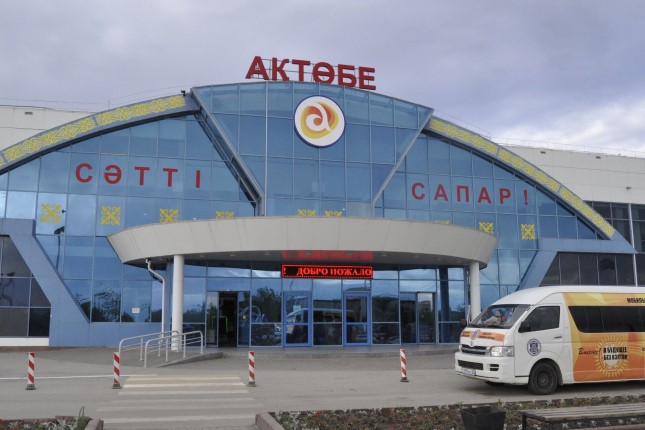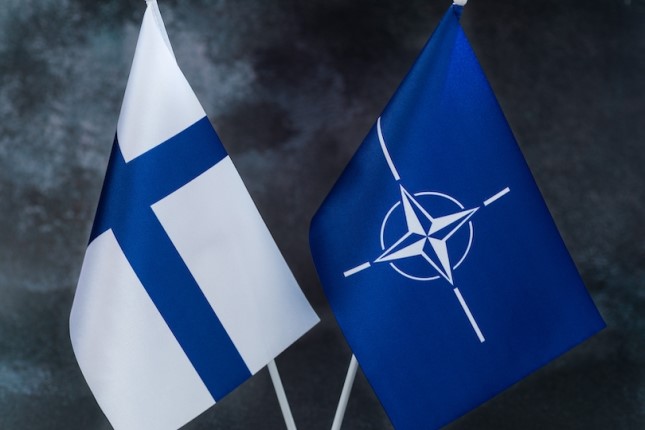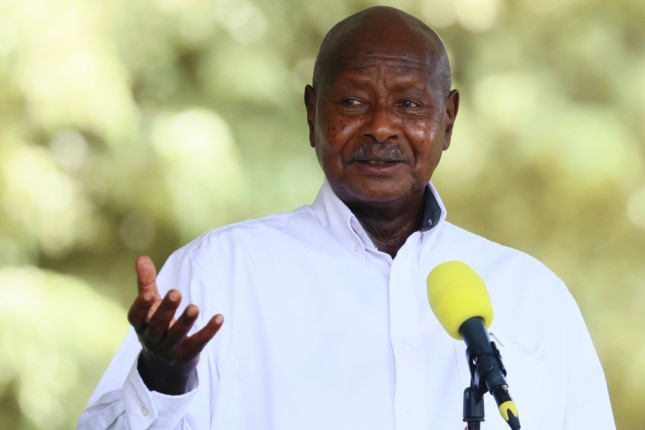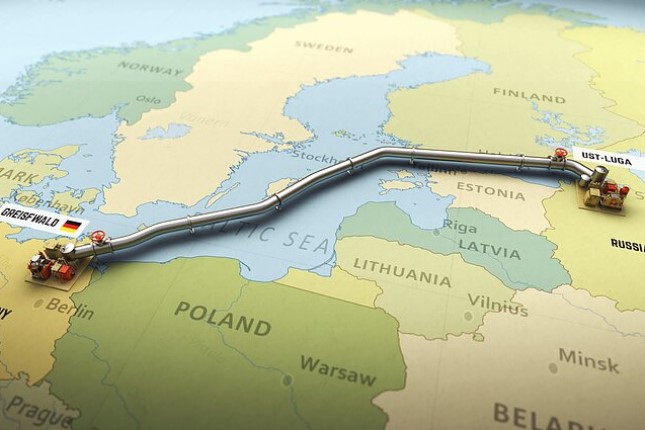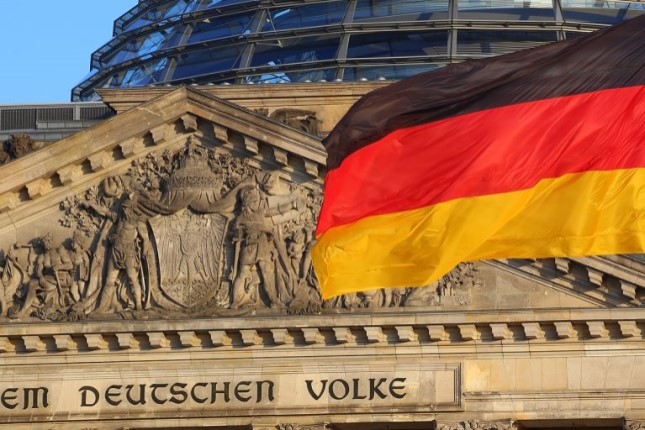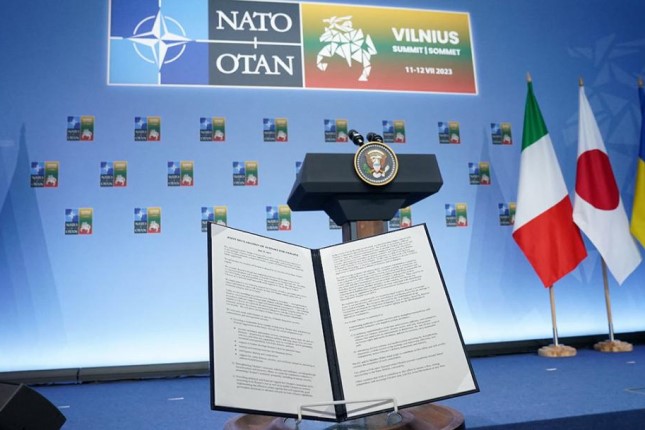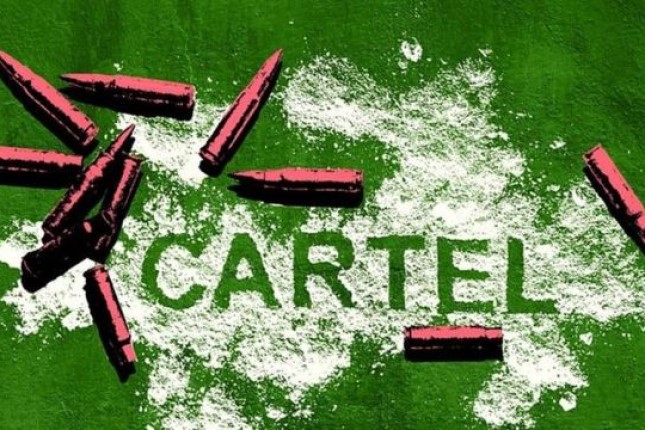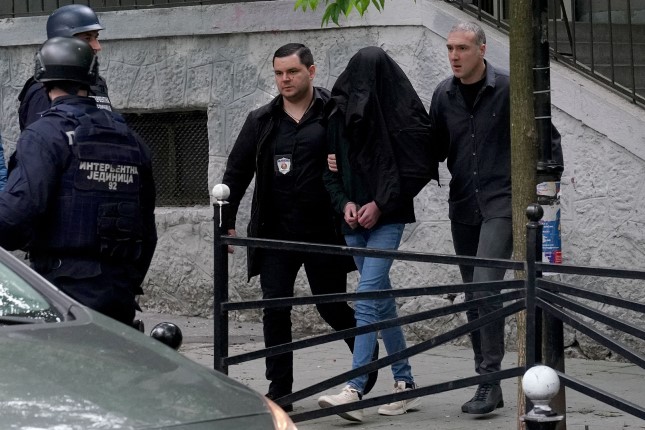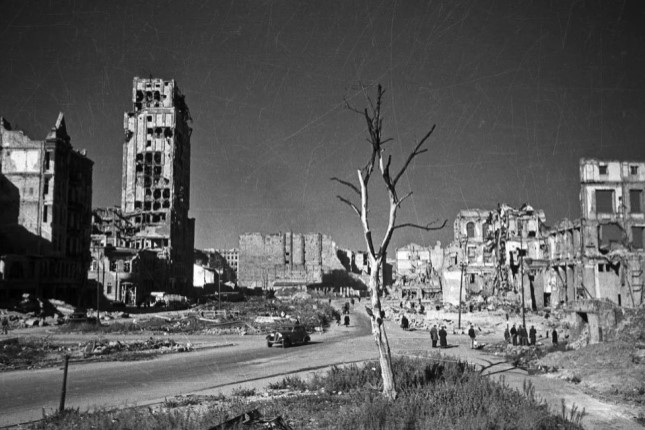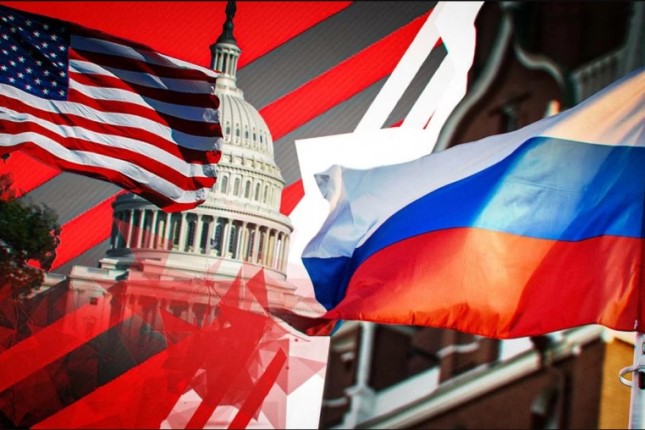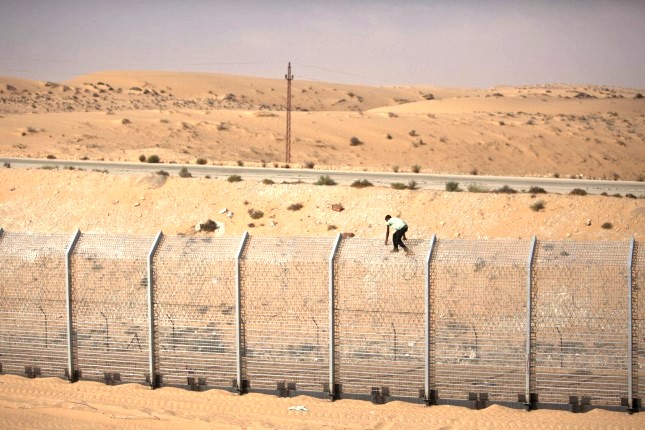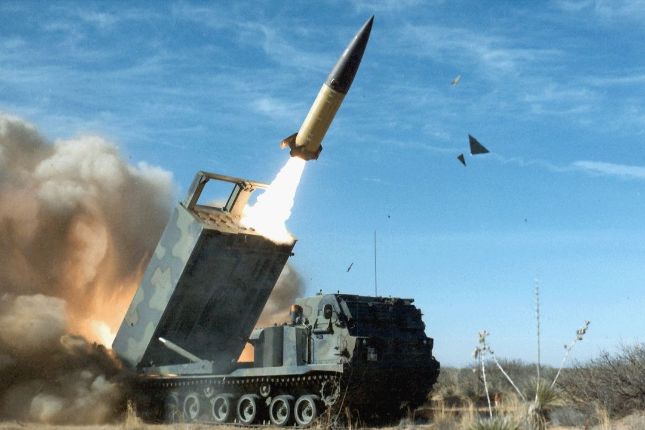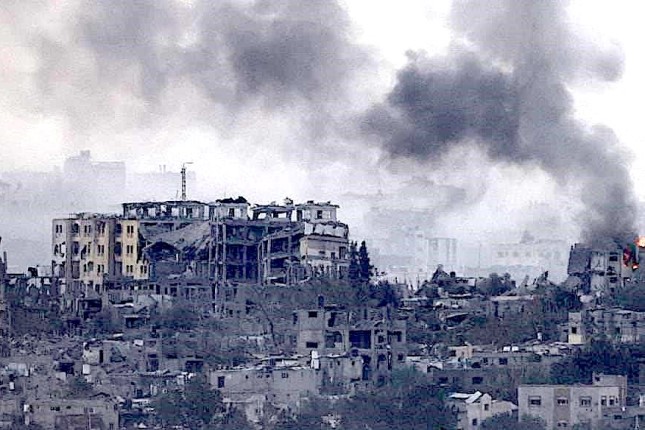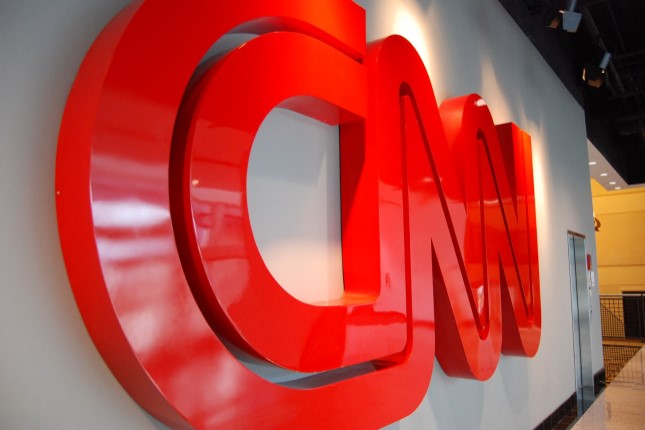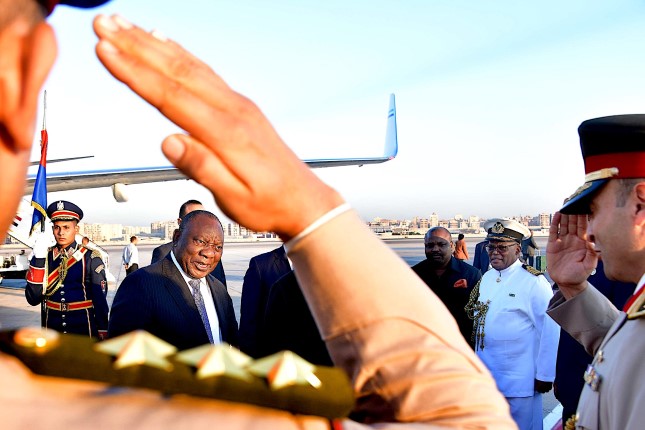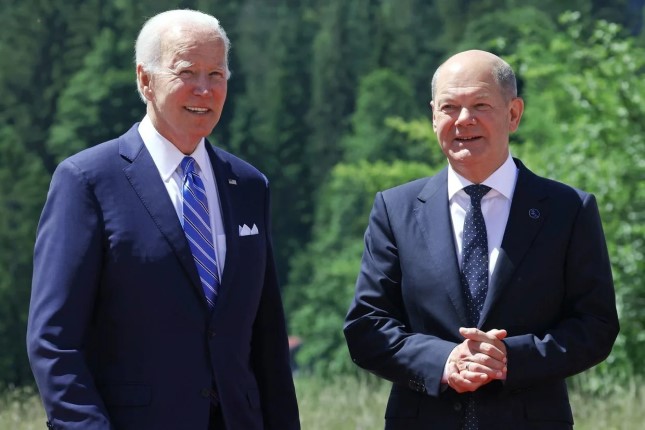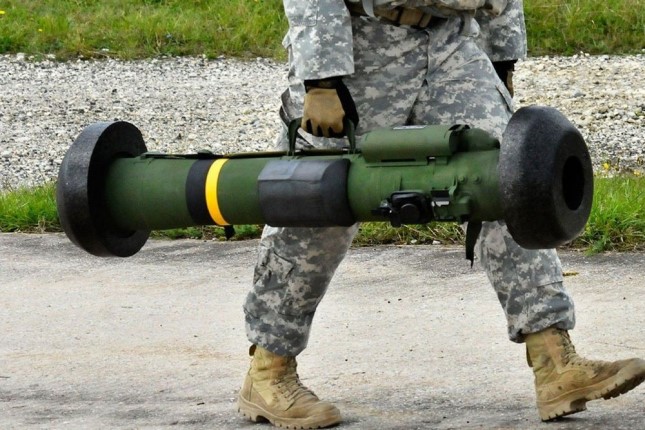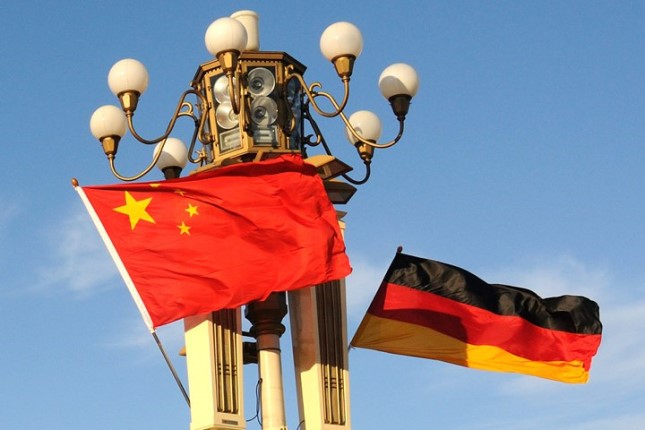The beginning of 2023 was marked by another aggravation in the area of the Palestinian-Israeli confrontation. The reason was the provocative visit on January 3 of the Minister of Internal Security of the Jewish state, Itamar Ben-Gvir, accompanied by Israeli security forces, to the Temple Mount in Jerusalem.
It is significant that the demonstrative visit of the politician to the territory of the Al-Aqsa mosque complex took place less than a week after the completion of the process of forming a new coalition government in Israel, which included a number of ultra-right figures like Ben-Gvir. The latter could not help but know that the invasion of Al-Aqsa is a direct violation of the agreements with Jordan on the historical and legal status quo of the Holy Places of Jerusalem.
The Israeli provocation immediately and predictably met the negative reaction of the world community, including the Arabs. So, in Abu Dhabi, it was decided to postpone sine die the first visit of the Prime Minister of the Jewish state to the UAE in the history of the Emirati-Israeli relations (the Emirates announced some "logistical problems" in organising Netanyahu's trip as a formal reason).
Besides, on January 5, at the request of the Emirates, who acted in close coordination with the Jordanians, an urgent meeting of the UN Security Council was held, during which members of the Security Council condemned the actions of Ben-Gvir and expressed concern about possible degradation of the situation on the West Bank of the Jordan River. It was also stated that it is necessary to intensify collective efforts to resume the peace process between the Palestinians and Israelis in order to implement the two-state formula for resolving the conflict. In this context, another call was made to revive the work of the Quartet of international mediators (UN, EU, Russia and the US).
By the way, Moscow has been promoting the idea of increasing the role of the Quartet over the past years, without finding the support of Washington. However, in the context of the Ukrainian events, the possibility of a positive response from the Americans to the proposals of the Russians seems even more unlikely.
At the same time, the Biden administration is trying not to particularly criticise its main Middle Eastern ally for an openly subversive line in terms of implementing the principle of "two states for two peoples."
In fact, the Americans indulge Israeli expansionist ambitions, limiting themselves to routine recommendations to Tel Aviv to avoid unilateral steps (we are talking, in particular, about the aggressive settlement policy of the Jewish state in the occupied territories). The White House fears that excessive pressure on the Jewish state could negatively affect US plans to advance the Arab-Israeli normalisation launched under Trump.
Democrats, as well as Republicans, are betting on strengthening and expanding the Abraham Accords (so far the signatories are the United States, Israel, the United Arab Emirates, Bahrain, Morocco and Sudan) with an eye on the formation of a broad regional coalition loyal to the United States. Washington's recent diplomatic successes include the holding – literally a week after Ben-Gvir's provocation – of a regular meeting in the capital of the UAE of the working groups of the so-called Negev format (this is the way Biden's team prefers to call Abraham Concords in order to distance himself from the legacy of their predecessors).
As a result of the event, among other things, the intention to organise Negev forum at the level of foreign ministers was announced in March. The process of rapprochement between Tel Aviv and Arab states will be one of the key topics on the agenda of US-Israeli talks as part of the upcoming visit of US National Security Adviser John Sullivan and Secretary of State Antony Blinken to the Jewish state.
At first glance, the idea of the United States to build bridges between Tel Aviv and the Arab states deserves a positive assessment. After all, we are talking about the desire to bring together the positions of the leading players, the enmity between which has poisoned the atmosphere in the Middle East region for more than 70 years.
However, behind the screen of would be good intentions, one can see an attempt by Washington to build a military-political bloc in the Middle East fitting its own needs and on tough anti-Iranian basis. The settlement of the Palestinian problem, apparently, is clearly not among the priorities of the United States. It is supposed to be put aside to the background, or even sacrificed for the sake of promoting the narrowly selfish American agenda in the region.
At the same time, White House strategists clearly forget that the unresolved Palestinian-Israeli conflict is one of the key sources of destabilisation in the Middle East.
It can flare up at any moment, only a match is enough to repeat the bloody events of 2021. Both in the West Bank, where Palestinian dissatisfaction is growing because of the arbitrariness of the Israelis, including the so-called counter-terrorist raids. And in the Gaza Strip, which many international human rights activists call only "an open-air prison" (hinting at the Israeli blockade of the enclave from the sea and from the air).
Fuel is added to the fire by the Hamas group that controls Gaza, whose leadership unambiguously declares that crossing "red lines", such as Israeli invasion of the Holy Places of Jerusalem, is unacceptable.

